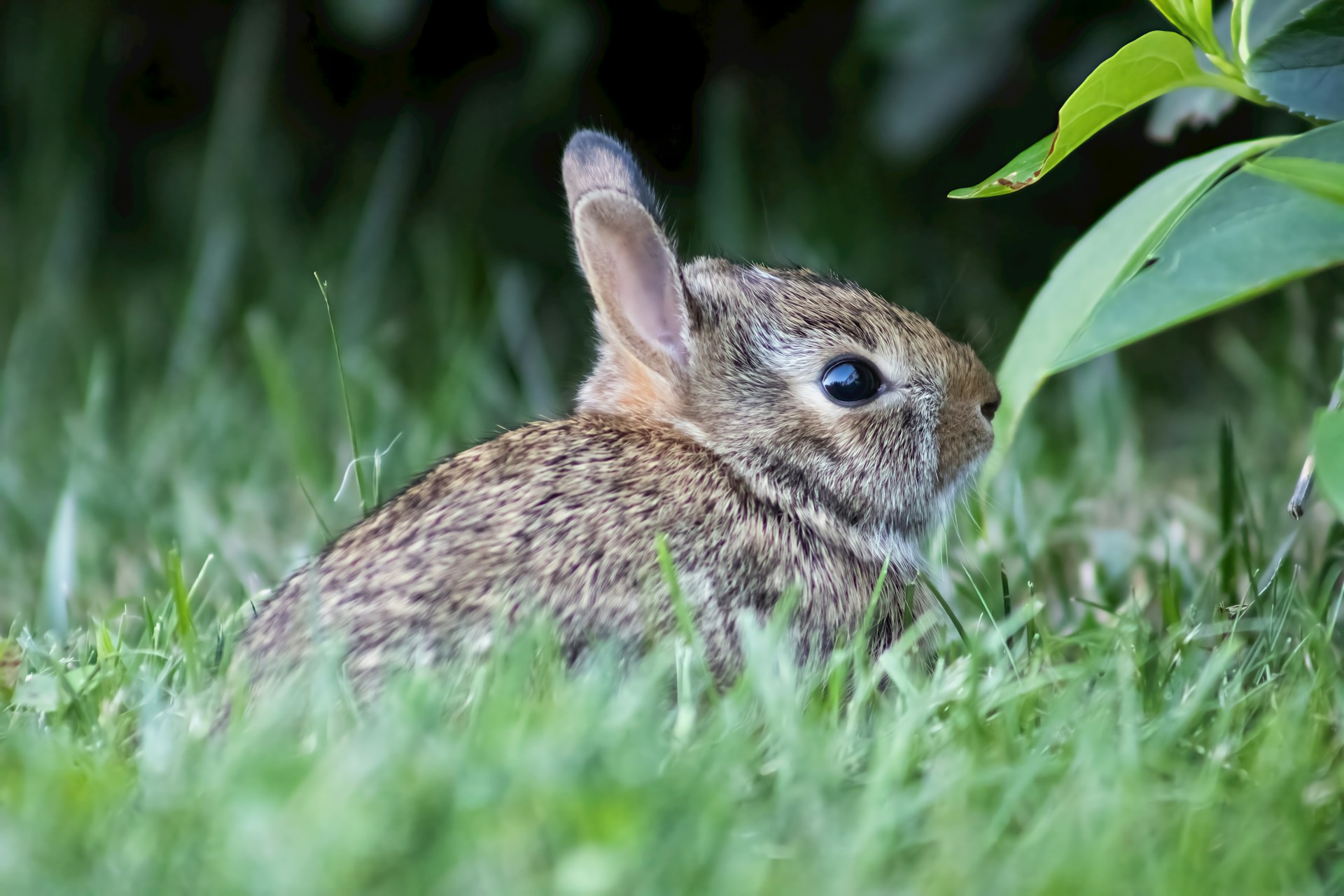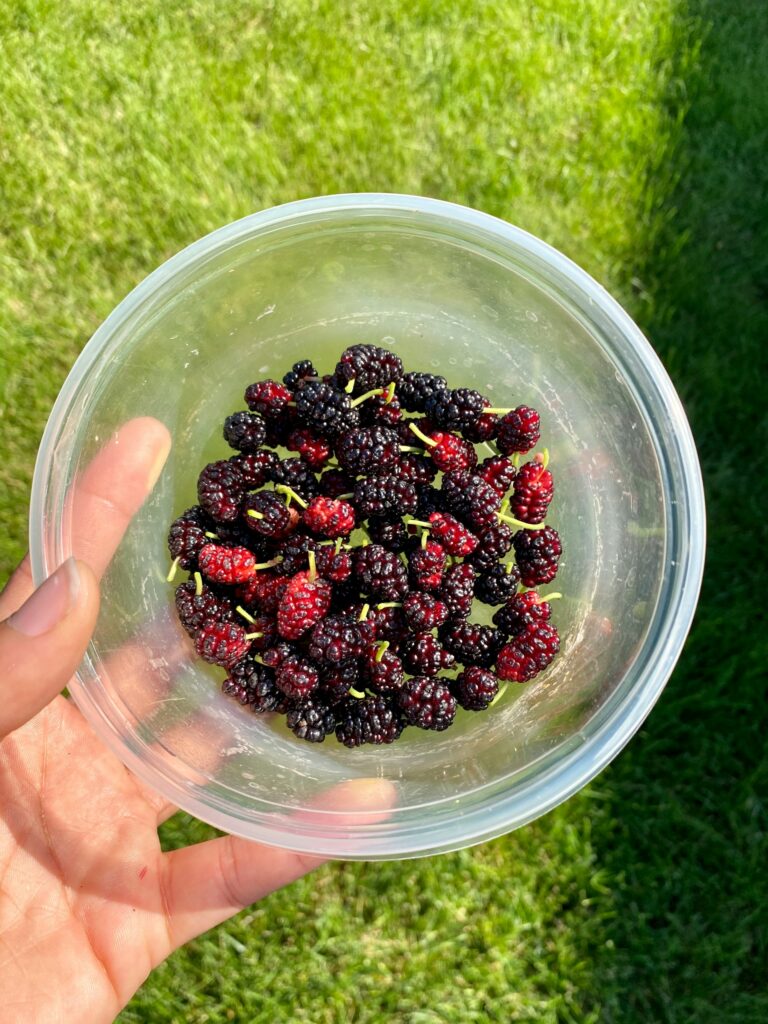
Gardens are a source of joy and beauty, and the vibrant zinnia is a favorite among gardeners for adding color to the landscape. However, rabbits, with their voracious appetites, can turn a blooming paradise into a scene of devastation overnight. This article delves into the relationship between rabbits and zinnias, offering insights and solutions to keep your garden flourishing. Whether you’re a seasoned gardener or a green-thumbed newbie, understanding how to protect your zinnias from rabbits is invaluable. Read on to discover practical tips and rabbit-resistant planting strategies that will safeguard your garden’s beauty.
Do Rabbits Eat Zinnias?
Rabbits are known for their tendency to nibble on a variety of garden plants, and zinnias are no exception. These flowers, while not the top choice for rabbits, can still fall victim to their grazing, especially when food is scarce. Understanding the eating habits of rabbits is crucial for protecting your zinnias and ensuring they bloom in all their glory.
How Can You Identify Rabbit Damage in Your Garden?
Rabbit damage is often evident by the clean-cut, angled marks they leave on stems and flowers. Unlike the jagged tears caused by insects or other pests, rabbit chewing is precise. If you notice such signs on your zinnias or other plants, it’s time to consider implementing measures to deter these furry critters.
What Plants Can Deter Rabbits from Your Zinnias?
Companion planting can be an effective strategy to keep rabbits away from your prized zinnias. Plants like marigolds, snapdragons, and herbs such as sage and rosemary emit scents that rabbits find unappealing. Integrating these plants into your garden may help protect your zinnias by creating a natural repellent barrier.
Are Zinnias Rabbit-Resistant?
While no plant is entirely rabbit-proof, zinnias are not typically the first choice for rabbits. However, if other more preferred food sources are not available, rabbits may still munch on zinnias. Choosing rabbit-resistant annuals and perennials to accompany your zinnias can reduce the likelihood of rabbit damage.
How to Create a Rabbit-Resistant Garden?
Creating a garden that repels rabbits involves more than just plant selection. Physical barriers such as fences, especially those buried a few inches into the ground, can be highly effective. Additionally, maintaining a clean and tidy garden can reduce the appeal to rabbits looking for a hiding spot.
Can Fences Keep Rabbits Out of Your Garden?
Fences are one of the most reliable methods to keep rabbits at bay. A fence that is at least two feet tall and made of chicken wire or hardware cloth, with the bottom edge buried 6 inches deep, can prevent rabbits from digging or squeezing through to reach your plants.
What Are the Best Rabbit-Repellent Strategies?
Aside from physical barriers, there are several repellent strategies that gardeners can employ. These include homemade or commercial repellents, such as blood meal or foul-smelling substances. However, these need to be reapplied frequently, especially after rain, to maintain their effectiveness.
How Does Landscape Design Influence Rabbit Attraction?
The design of your landscape can either invite or deter rabbits. Dense plantings and tall grasses provide rabbits with shelter, making your garden more inviting. Conversely, an open, well-maintained garden with clear sight lines can discourage rabbits from settling in.
What Role Do Perennials and Annuals Play in Rabbit-Proofing?
Incorporating rabbit-resistant perennials and annuals into your garden design can provide year-round protection. Plants like yarrow, which thrive in well-drained soil and full sun, are less appealing to rabbits due to their fragrance and texture.
How to Repair Rabbit Damage and Revive Your Garden?
If rabbits have already caused damage, all is not lost. Pruning damaged plants and providing proper care can encourage new growth. In severe cases, replanting may be necessary, but with the right preventive measures in place, your garden can recover and thrive.
In summary, protecting your zinnias and garden from rabbits requires a combination of strategies:
- Integrate rabbit-repellent plants like marigolds and herbs.
- Install physical barriers such as fences.
- Apply repellents regularly, especially after rain.
- Design your landscape to be open and less inviting to rabbits.
- Choose rabbit-resistant perennials and annuals.
- Repair any rabbit damage promptly to encourage regrowth.
By following these tips, you can enjoy a vibrant, rabbit-free garden filled with the beauty of zinnias and other beloved plants. Remember, a little prevention goes a long way in preserving the color and life of your garden oasis.




